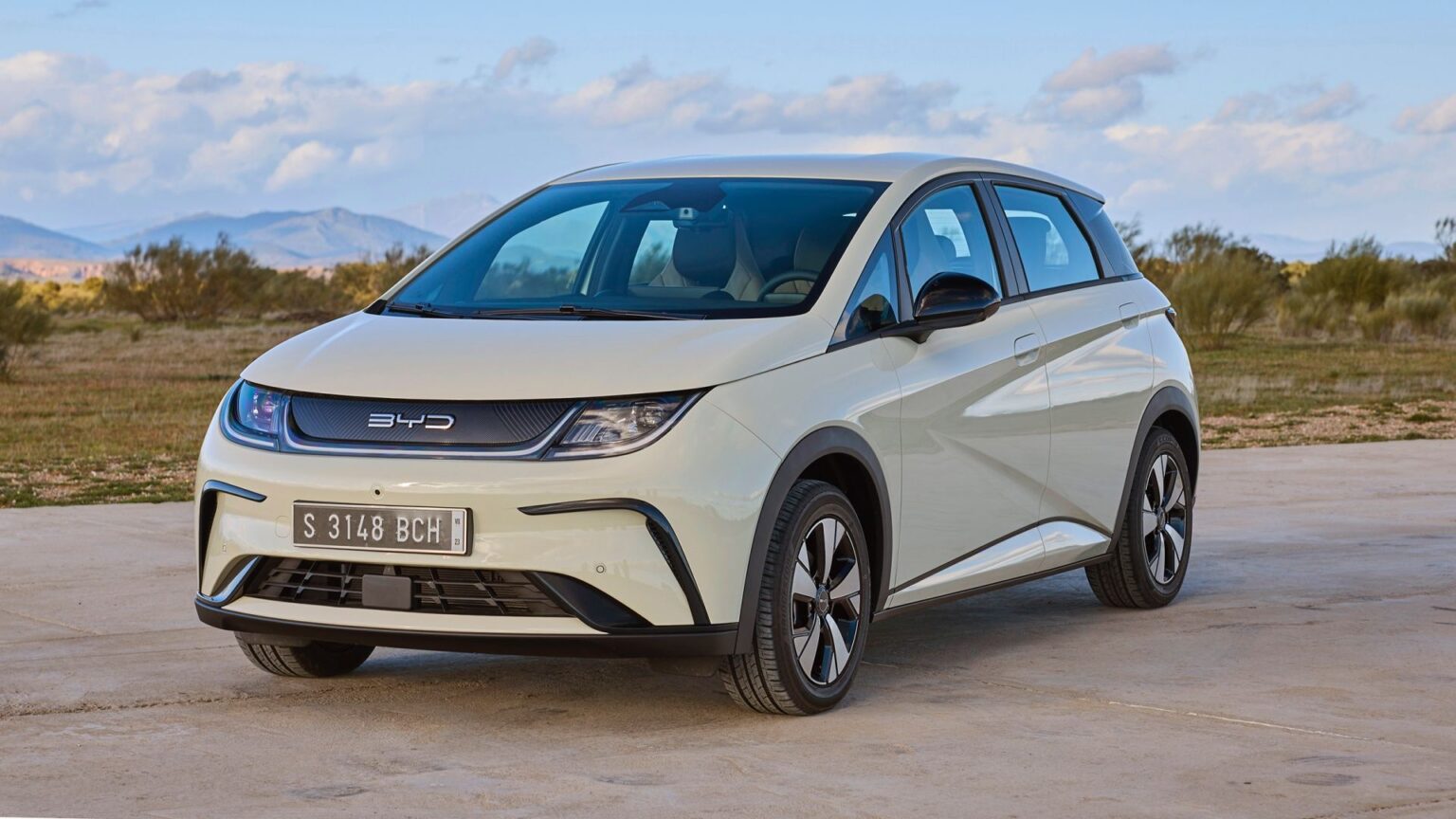Back in October, the EU imposed tariffs against Chinese electric vehicles after the European Commission ruled that China benefits from unfair subsidies following an investigation. These tariffs added additional import costs to EVs on top of the 10-percent duties already in play, making cars up to 35 percent more expensive. According to market data analyst Dataforce, and as reported by Bloomberg, those tariffs appear to be having an impact on Chinese EV sales in Europe, with their market share dropping to its lowest since March. But not all manufacturers were hit equally.
Who Got Hit The Worst?
According to the latest numbers, SAIC, the parent of the MG brand, was hit the hardest by the tariffs. The EU tacked on an additional 35.3 percent to imports from the Chinese state-owned automaker — the highest of any brand — which significantly raises the price of a vehicle. MG tallied 3,762 registrations across Europe in November, down 58 percent year over year. Its share of EV registrations in the E.U. dropped to 7.4 percent in November, down from 8.2 percent in October.
Other automakers weren’t affected quite so much. BYD, for instance, was still able to make gains compared to last November, with registrations up 127 percent, to 4,796. That’s despite BYD being hit with an additional 17 percent import tariff. XPeng registrations were up 93 percent to 1,222 registrations — admittedly not a large share of the market. Leapmotor was up 296 percent from a year prior, but that numbered just 404 registrations.
Overall, Chinese automakers registered 11,490 EVs in Europe in November, down 12 percent year over year.
A Different Climate Than The U.S.
The numbers out of Europe suggest tariffs could be effective here in the U.S. as well, where the Trump administration is considering adding another 10 percent to tariffs on goods from China — in addition to the 100 percent already imposed on EVs by the Biden administration.
Trump has also proposed tariffs across the board on imports from any country, as well as additional levies for goods from Canada and Mexico. Trump’s tariffs target not just EVs, and not just cars, but all imports. That means that cars built with foreign components could cost significantly more even if their final assembly takes place in the U.S. Canada already appears frightened about the potential results, and Mexico is ready to retaliate.
But, Trump hasn’t given many details, or discussed making any exceptions, and he tends to be unpredictable. What any potential new tariffs could mean for the U.S. and its trade partners is uncertain, but if Europe is an example, they will certainly have some sort of effect.
Read the full article here


